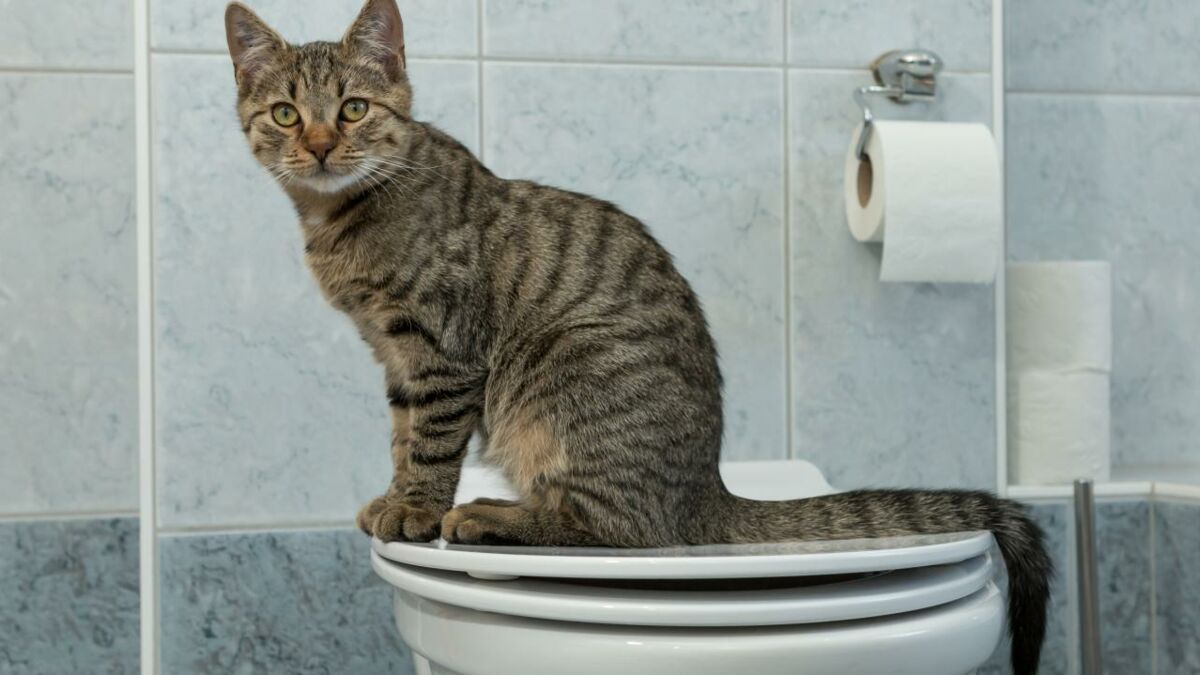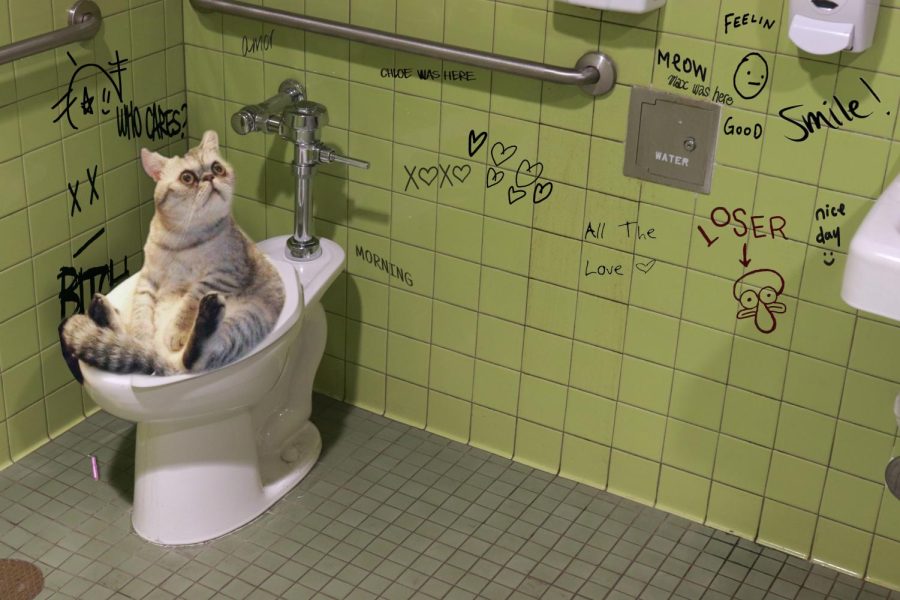Potential Risks of Flushing Cat Poop Down Your Toilet - Tips for Better Handling
Potential Risks of Flushing Cat Poop Down Your Toilet - Tips for Better Handling
Blog Article
The article in the next paragraphs pertaining to How to Dispose of Cat Poop and Litter Without Plastic Bags is seriously insightful. Read it for yourself and decide what you think about it.

Introduction
As pet cat proprietors, it's necessary to be mindful of just how we get rid of our feline buddies' waste. While it might appear practical to purge pet cat poop down the toilet, this technique can have harmful repercussions for both the environment and human wellness.
Alternatives to Flushing
Thankfully, there are much safer and extra liable methods to deal with feline poop. Think about the following options:
1. Scoop and Dispose in Trash
One of the most common method of throwing away feline poop is to scoop it into a biodegradable bag and toss it in the garbage. Make sure to utilize a devoted litter inside story and throw away the waste quickly.
2. Usage Biodegradable Litter
Select naturally degradable cat trash made from materials such as corn or wheat. These clutters are environmentally friendly and can be securely disposed of in the garbage.
3. Hide in the Yard
If you have a yard, think about hiding pet cat waste in a marked location far from vegetable yards and water sources. Be sure to dig deep enough to stop contamination of groundwater.
4. Set Up a Pet Waste Disposal System
Buy an animal garbage disposal system specifically created for cat waste. These systems utilize enzymes to break down the waste, minimizing smell and ecological influence.
Wellness Risks
Along with environmental problems, purging cat waste can also pose health and wellness dangers to people. Pet cat feces might have Toxoplasma gondii, a parasite that can create toxoplasmosis-- a potentially extreme ailment, specifically for expectant ladies and people with damaged immune systems.
Ecological Impact
Purging cat poop presents harmful microorganisms and bloodsuckers right into the water supply, positioning a considerable threat to marine environments. These pollutants can adversely affect aquatic life and concession water high quality.
Final thought
Accountable family pet ownership expands past supplying food and sanctuary-- it likewise includes proper waste administration. By refraining from flushing feline poop down the commode and opting for alternative disposal techniques, we can reduce our environmental footprint and shield human wellness.
Why You Should Never Flush Cat Poop Down the Toilet
A rose by any other name might smell as sweet, but not all poop is created equal. Toilets, and our sewage systems, are designed for human excrement, not animal waste. It might seem like it couldn’t hurt to toss cat feces into the loo, but it’s not a good idea to flush cat poop in the toilet.
First and foremost, assuming your cat uses a litter box, any waste is going to have litter on it. And even the smallest amount of litter can wreak havoc on plumbing.
Over time, small amounts build up, filling up your septic system. Most litter sold today is clumping; it is made from a type of clay that hardens when it gets wet. Ever tried to scrape old clumps from the bottom of a litter box? You know just how cement-hard it can get!
Now imagine just a small clump of that stuck in your pipes. A simple de-clogger like Drano isn’t going to cut it. And that means it’s going to cost you big time to fix it.
Parasitic Contamination
Believe it or not, your healthy kitty may be harboring a nasty parasite. Only cats excrete Toxoplasma in their feces. Yet it rarely causes serious health issues in the cats that are infected. Most people will be fine too if infected. Only pregnant women and people with compromised immune systems are at risk. (If you’ve ever heard how women who are expecting are excused from litter cleaning duty, Toxoplasma is why.)
But other animals may have a problem if infected with the parasite. And human water treatment systems aren’t designed to handle it. As a result, the systems don’t remove the parasite before discharging wastewater into local waterways. Fish, shellfish, and other marine life — otters in particular — are susceptible to toxoplasma. If exposed, most will end up with brain damage and many will die.
Depending on the species of fish, they may end up on someone’s fish hook and, ultimately on someone’s dinner plate. If that someone has a chronic illness, they’re at risk.
Skip the Toilet Training
We know there are folks out there who like to toilet train their cats. And we give them props, it takes a lot of work. But thanks to the toxoplasma, it’s not a good idea.

As an enthusiastic reader about Can You Flush Cat Poop Down The Toilet?, I was thinking sharing that piece of content was sensible. Liked our blog posting? Please share it. Let another person check it out. I recognize the value of reading our article about How to Dispose of Cat Poop and Litter Without Plastic Bags.
Set An Appointment Report this page